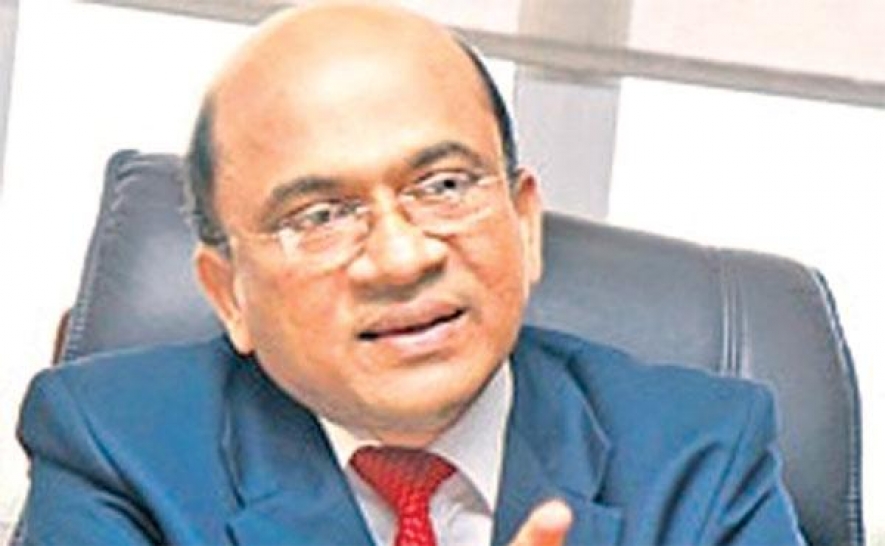This Act will confer financial independence from the Finance Ministry, so that the annual estimates for the Commission will be prepared by the Department and approved by Parliament through the Speaker. “It gives us freedom to investigate the Treasury more independently.”
This Bill provides for the powers, duties and functions of the Audit Service Commission and the establishment of the office of the National Audit Office and the Sri Lanka State Audit Service. It also specifies the role of the Auditor General over public finance. He said, “Although this office has been in existence for over 200 years, the mandate of the Auditor General and his office was not defined by any written law until now.”
” The law also provides for a special fund to be maintained to hire professional expertise for complicated cases. This fund maintained by 50% of the annual audit fees, budgetary allocations and by way of recovered costs, will be returned to the Treasury at the end of each financial year. The Audit Fund is expected to minimize financial constrains of the Audit Commission in dealing with major cases like the recent Treasury Bond issue.
The Bill was amended 25 times before its passage in parliament last week. “I am not worried about it,” the Auditor General said adding that, the key provisions of the law were still intact. In addition to the public sector the law will provide for the auditing of companies of which the state, a corporation or a local authority holds over 50 % of the shares.
Under Section 19 (1) (a) of the Act, the chief Accounting Officers who are the Ministry Secretary in the case of the Ministries, will have the powers to impose a surcharge on the recommendations of the Audit Commission to recover any losses due to a transaction done in contrary to any written law. If the Ministry Secretary is one of the respondents, then the Treasury Secretary will be empowered to impose the surcharge. This was one of the provisions for which the Ministry Secretaries were reluctant to give consent and one of the delaying factors of the Bill.
Under Article 153A (1) of the Constitution an Audit Service Commission will be appointed to ensure the independence of the Audit commission. This Commission will consist of the Auditor General and four other members appointed by the President on the recommendation of the Constitutional Council. The auditor General said this was one of the major relief for his office.
All administrative functions such as new appointments, promotions, transfer, disciplinary control and dismissal of the staff of Sri Lanka State Audit Service will be handled by this Commission in the future. The Sri Lanka Audit Service and Audit Examiners Service will be absorbed into the Sri Lanka State Audit Service. But the officers from the combined services will be excluded from that. Salaries and other allowances of the National Audit Staff will also be determined by this Commission. To assist the Auditor General to discharge his duties and responsibilities a new Audit Office is also sanctioned by the new Act. The Speaker has powers to appoint an independent auditor to audit the Audit Office. President’s Office, office of the secretary to the prime minister, Provincial Councils and Local Authorities, statutory funds, Cabinet of Ministers and the Constitutional Council are among the entities that come under the purview of the Audit Commission.
TISL’s concerns
Transparency International of Sri Lanka (TISL) had raised four concerns seeking amendments to the relevant sections of the Audit Bill that was passed in parliament last Thursday. A spokesperson to TISL Maheshi Herath said the TISL proposed amendments to Sections 9 and 13 of the Bill that restricted the freedoms given under the Right to Information Act but they were not accommodated at the debate stage and the final passage of the Bill.




















